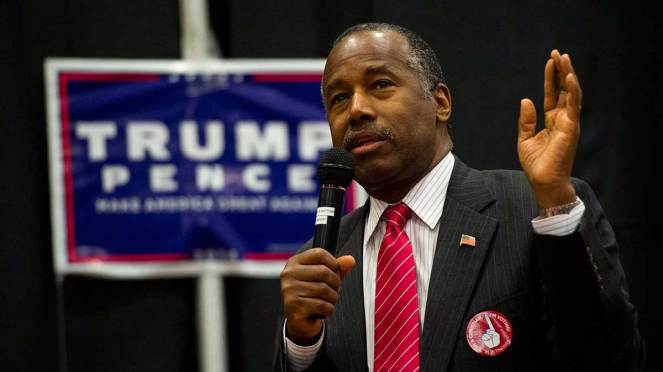According to Merriam-Webster, the “American Dream” is:
a social ideal that stresses egalitarianism and especially material prosperity.
What a strange, contradictory sentence! Egalitarianism implies everyone has an equal opportunity, despite their circumstances, while material prosperity suggests competition. It makes sense: immigrants moved to the US with next to nothing, hoping to amass material prosperity through a lot of opportunities. But, by definition, the American Dream is nearly unattainable.
In Americanah by Chimamanda Ngozi Adichie, Ifemelu emigrates to America from Nigeria when she is in college. Both Ifemelu and her parents hope she will get a better education and have access to more opportunities after the move. Her Aunty Uju (who she hasn’t seen for years) meets her at the airport and greets her coldly. Her once energetic, passionate, beautiful Aunt now wears baggy pants, pronounces her own name wrong, and wears rough braids in her hair; Ifemelu realizes that “America had subdued her” (135). Uju and her first grade son are not living the American Dream like Ifemelu though they would be; these Nigerian immigrants live in a 1 bedroom apartment with cockroaches in the kitchen. A few chapters later in the novel, Ifemelu does meet the “ideal” American family. A prosperous, white, nuclear family hires the protagonist as a nanny for their young kids. This family goes on vacations to India and throws huge parties for powerful friends in Congress. On the outside, this family looks perfect, but Ifemelu quickly learns that even this seemingly perfect white family isn’t living the perfect American dream (no spoilers here, friends).
Many real-life immigrants come to America with next to nothing, hoping to build a new, better life for themselves, just like Ifemelu. But that is way easier said than done. Crowds of people who are new to this country can’t even afford an apartment the size of Aunty Uju’s. Businesses recognize that these neighborhoods are poor and move their stores to communities that can afford to pay higher prices, which abolishes jobs for the poor immigrants and creates a Catch 22: businesses won’t move in unless the residents have money and the residents won’t have money unless businesses move in. Some people are able to claw their way tooth and nail out of this situation, but many become caught in the endless positive feedback loop that is poverty for the rest of their lives. When you are struggling to pay the rent on a tiny, dirty apartment, it surely doesn’t feel like you’re living the American Dream.

The current political situation has not helped anyone achieve the Dream. The Secretary of Housing and Urban Development is just one example of the problematic tendencies of the current administration. Despite being a published author, a neurosurgeon, and the single black person in the cabinet, Ben Carson has no political experience. None. He actually turned down a position in the cabinet late last year because he “has no government experience… [and] the last thing he would want to do was take a position that could cripple the presidency” (source). Moving past the fact that this man was in the running for President of the United States, how is he supposed to help poor, immigrant, inter-city communities if he has never run a federal agency and hasn’t even lived in public housing? (though Mike Huckabee will tell you differently.) Dr. Carson recently helped me drive my point home. In his first speech as Secretary, he spoke on immigration and the American Dream. Sounds promising: a black man who grew up in poverty is bound to have something important to say about those topics, right? Wrong. Carson literally said that slaves… were immigrants:
“There were… immigrants who came here in the bottom of slave ships, worked even longer, even harder for less. But they too had a dream that one day their sons, daughters, grandsons, granddaughters, great-grandsons, great-granddaughters, might pursue prosperity and happiness in this land.”
Thanks, Doctor.

I love that the first thing you brought up was the paradoxical meaning behind the American Dream; it truly shows how unreachable it really is and how much grief it causes those who chase it. Furthermore, your discussion on the futility of immigration was very well developed. Your support with the example of Ben Carson worked very well as well and I can’t help but admire the quality of this post. I can’t wait to keep hearing from you as we keep reading through this book!
LikeLiked by 1 person
This is a gold star post. I love how you bring up the important issue with immigrants and the never ending poverty cycle that they’re trapped in. Ben Carson was a good point to bring up because aside from looking like he’s about to fall asleep at any given moment, he has no perspective on public housing which is concerning given the position he’s in. Citing his speech was a very strong driving force in your arguement, and I definitely will continue to read your posts throughout this book.
LikeLike